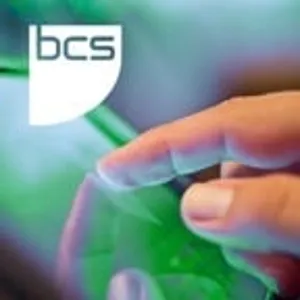José Valim, Guillaume Duboc, and Giuseppe Castagna on the Future of Types in Elixir

Explore " empirical studies" with insightful episodes like "José Valim, Guillaume Duboc, and Giuseppe Castagna on the Future of Types in Elixir", "Noah Smith on Whether Economics is a Science", "Noah Smith on Whether Economics is a Science" and "An empirical study on mobile phone usage" from podcasts like ""Elixir Wizards", "Rob Wiblin's top recommended EconTalk episodes v0.2 Feb 2020", "EconTalk" and "HCI 2011"" and more!



Noah Smith of Stony Brook University and writer at Bloomberg View talks with EconTalk host Russ Roberts about whether economics is a science in some sense of that word. How reliable are experiments in economics? What about the statistical analysis that underlies much of the empirical work in modern economics? Additional topics include the reliability of the empirical analysis of the minimum wage, the state of macroeconomics, and the role of prejudice or prior beliefs in the interpretation of data and evidence.

Stay up to date
For any inquiries, please email us at hello@podcastworld.io